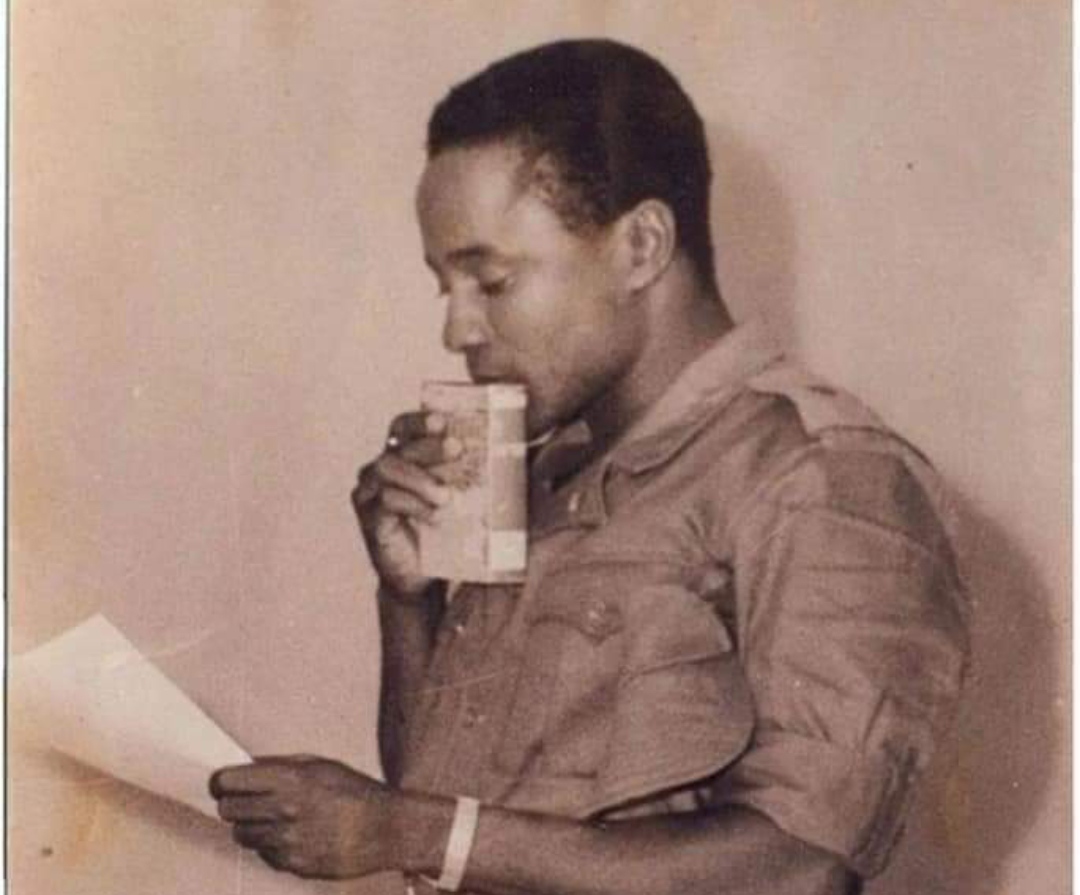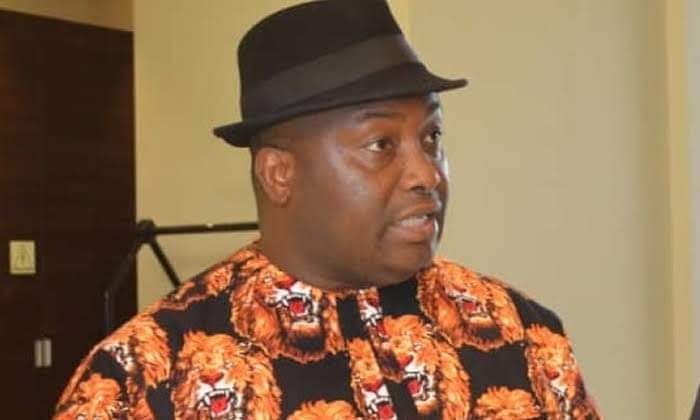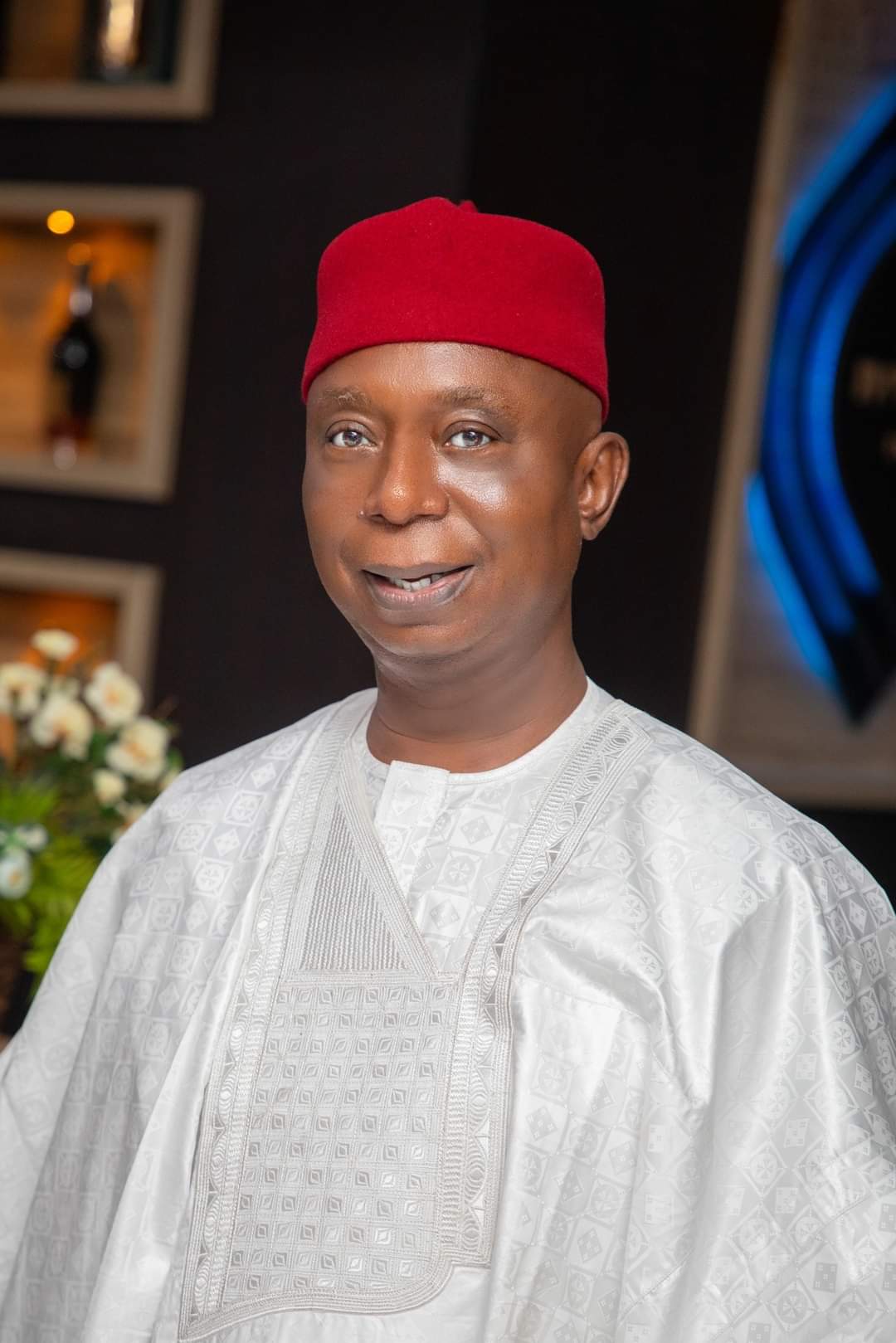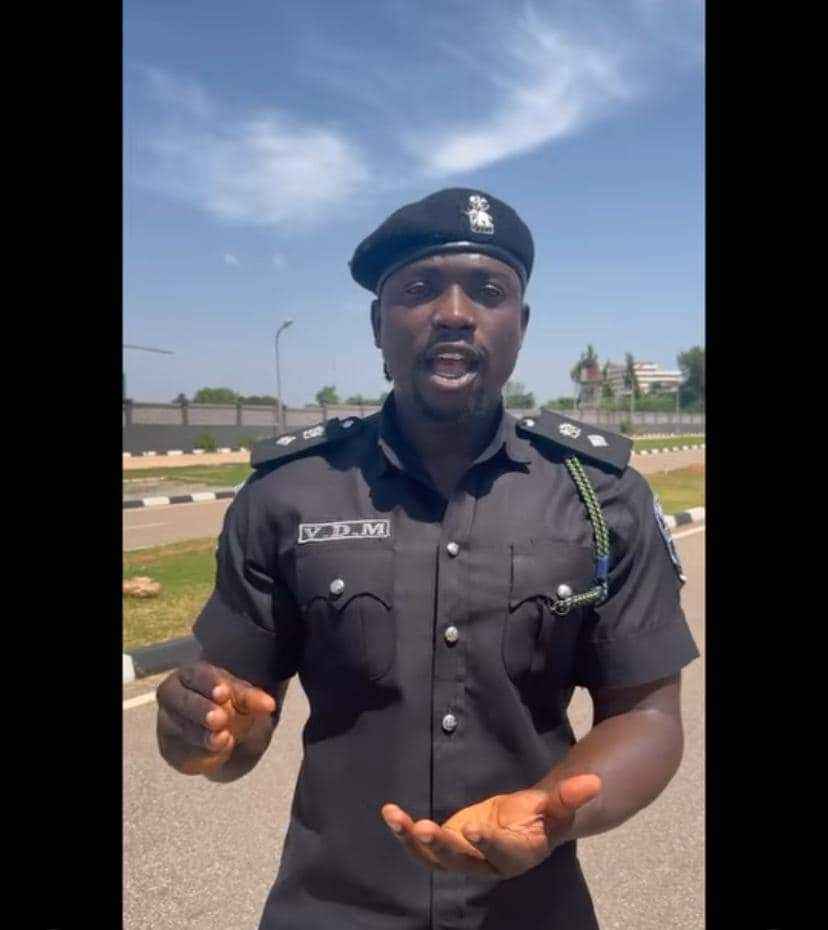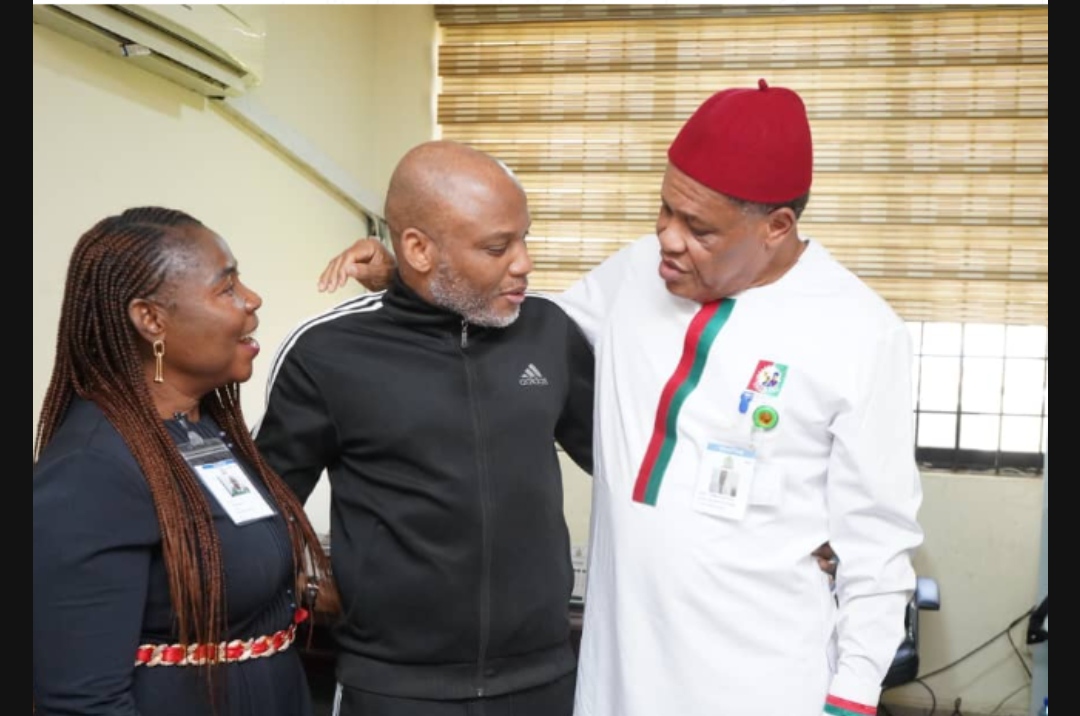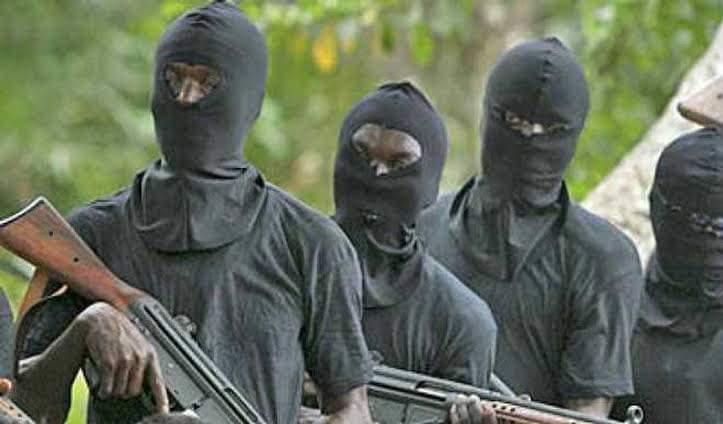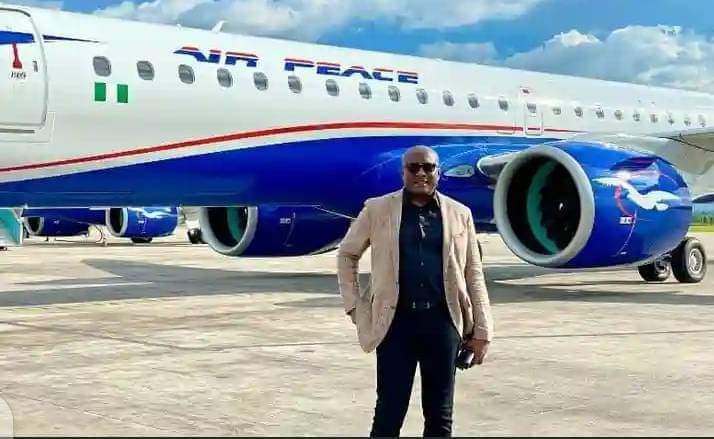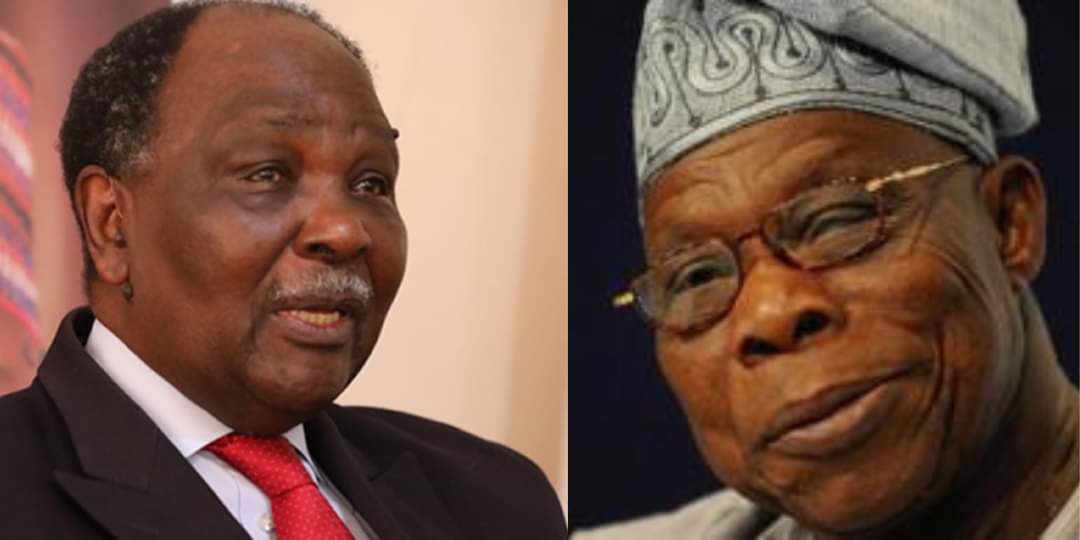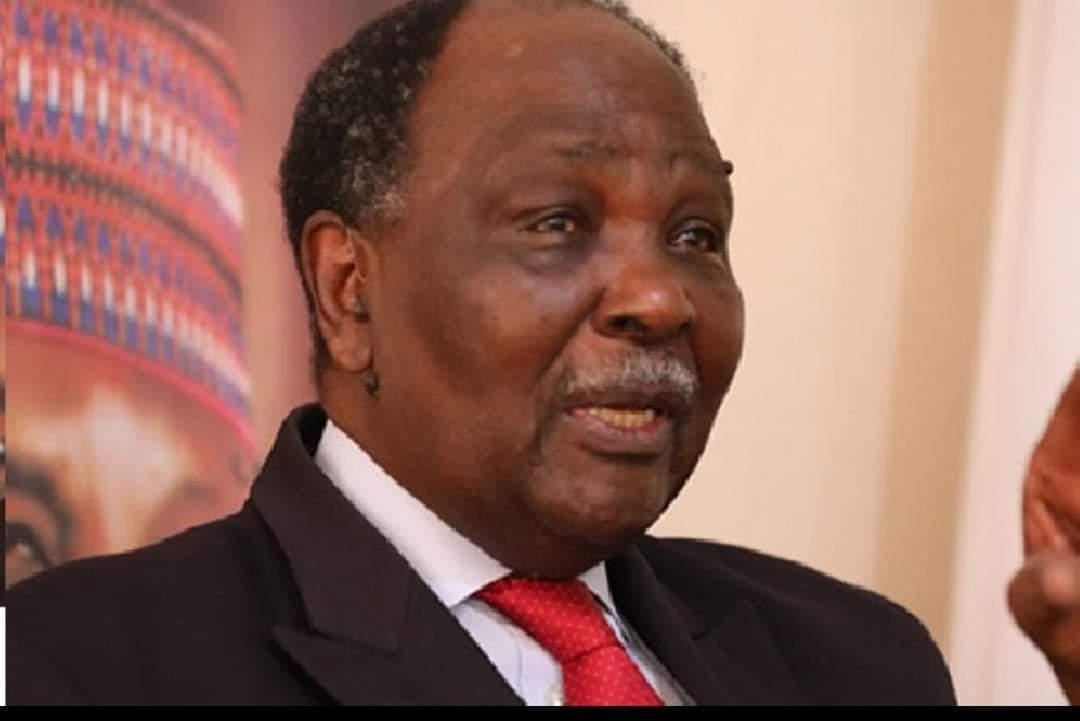Emmanuel Ifeajuna, known for his athletic achievements and political involvement, remains a figure often overlooked in African history. Despite being the first Black African to win a gold medal, his legacy is overshadowed by his later involvement in Nigerian politics and military actions.
Born in 1935 in Nigeria, Ifeajuna discovered his talent for high jumping during his school years. His skills quickly gained national recognition, and he participated in several competitions, including the 1954 Nigerian Athletics Championships. There, he achieved a jump of 6 feet 5.5 inches (1.97 meters), qualifying him to represent Nigeria at the 1954 British Empire and Commonwealth Games.
At the Games, held in Vancouver, Ifeajuna made history by breaking both the competition and British Empire records in high jump, performing the feat without wearing his right shoe. Upon his return to Nigeria, he was hailed as a national hero and received a grand welcome, including a public parade in his honor. His celebrity status grew to the point where his image appeared on the cover of exercise books across the country.
Despite his success, Ifeajuna stepped away from athletics and returned to his studies. He enrolled at the University College of Ibadan, where he became active in student politics and formed close relationships with notable Nigerian poets such as J.P. Clark and Christopher Okigbo. Although he helped organize several protests, his friends noted that he often refrained from participating directly in these demonstrations.
After completing his university education, Ifeajuna began teaching in Abeokuta but left the profession in 1960 to join the Nigerian military. His educational background enabled him to rise quickly through the ranks, and by 1966, he had achieved the rank of Major.
Disillusioned with the Nigerian government’s direction after gaining independence, Ifeajuna became involved in planning what would become Nigeria’s bloodiest coup. Alongside Major Chukwuma Kaduna Nzeogwu, Timothy Onwuatuegwu, Chris Anuforo, Don Okafor, Adewale Ademoyega, and Humphrey Chukwuka, Ifeajuna orchestrated the coup in January 1966.
During the coup, Ifeajuna played a central role. He not only arrested Prime Minister Abubakar Tafawa Balewa, who later died in detention, but also killed several high-ranking army officers, including Brigadier Zakariya Maimalari and Lieutenant Colonel Abogo Largema. The coup, however, was ultimately thwarted by Major-General Johnson Aguiyi-Ironsi, who went on to become Nigeria’s first military head of state.
Following the failed coup, Ifeajuna fled Nigeria. With assistance from friends, he escaped to Benin and eventually made his way to Ghana, where he was welcomed by Kwame Nkrumah, then-President of Ghana. However, his stay in Ghana was short-lived as Nkrumah’s government was overthrown soon after. Ifeajuna returned to Nigeria under assurances from Emeka Ojukwu, who later led the breakaway Republic of Biafra, that his safety was guaranteed.
Back in Nigeria, Ifeajuna rejoined the military and became a part of the Biafran Army during the Nigerian Civil War. However, in 1967, Ojukwu accused Ifeajuna and other top military leaders of plotting treason. Ojukwu alleged that Ifeajuna and his associates were negotiating with the Nigerian government through British intermediaries, with plans to overthrow him and seize power.
In a hastily conducted trial, Ifeajuna was found guilty of treason and sentenced to death by firing squad. He was executed on September 25, 1967. His reported last words were:
“You may kill me now, but I am afraid it is too late. I am sorry for you all because it won’t be long before they get all of you. The Nigerians are already in your midst.”
Despite his critical role in Nigeria’s 1966 coup and the early stages of the Biafran conflict, Ifeajuna’s contributions and story remain relatively obscure in Nigerian history. He left behind an unpublished manuscript about the 1966 coup, which many believe could shed light on the complex events that shaped the nation’s political landscape during that period. However, this manuscript has yet to be made public, leaving many questions about his life and motivations unanswered.

